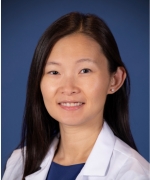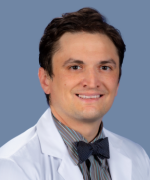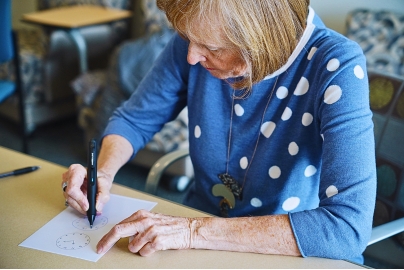The Alzheimer's Disease Research Center (ADRC) at UC Davis is offering a one- to two-year fellowship program in neurodegenerative disease. The first year is dedicated to clinical training. A research-intensive second year is optional but encouraged. UCNS has accredited this fellowship; it is not ACGME-accredited.
The Center offers a rich clinical exposure to a variety of cognitive and neurodegenerative disorders. It maintains one of the largest and most diverse dementia cohorts in the nation, well-characterized with brain imaging, neuropsychology, extensive clinical data, and banked DNA and serum. Mentors with strengths in brain imaging, neuropsychology, neuropathology, plasma biomarkers and biostatistics are available.
Fellows choosing a second year are expected to seek funding (intramural and/or extramural) to support a targeted second year research project. Resources to develop, mentor, and support research are extensive, spanning basic to social sciences with a strong emphasis on clinical translational research. The Center has a 33-year history of state, federal, and privately funded research projects.
-
 Fellowship Program Director
Fellowship Program DirectorDoris Chen, M.D.
Assistant Clinical Professor, Department of Neurology
-
 Fellowship Associate Program Director
Fellowship Associate Program DirectorDavid Bissig, M.D., Ph.D.
Assistant Professor, Department of Neurology

